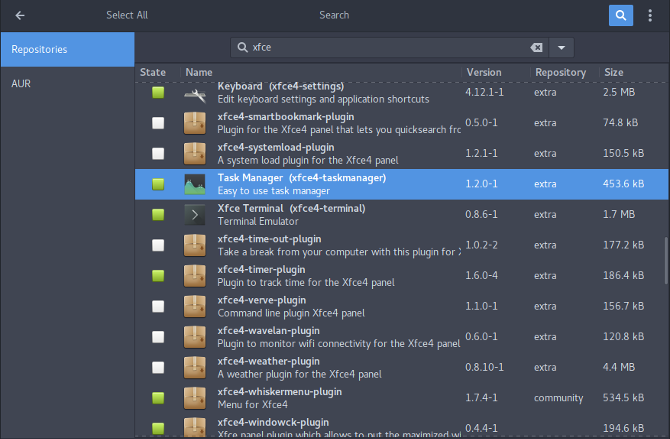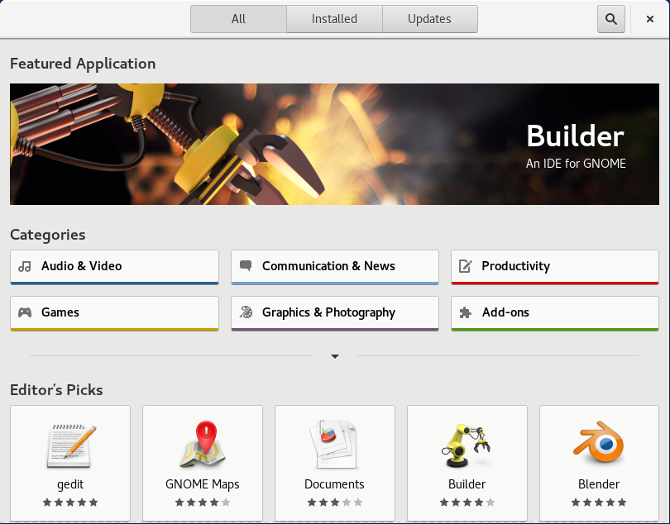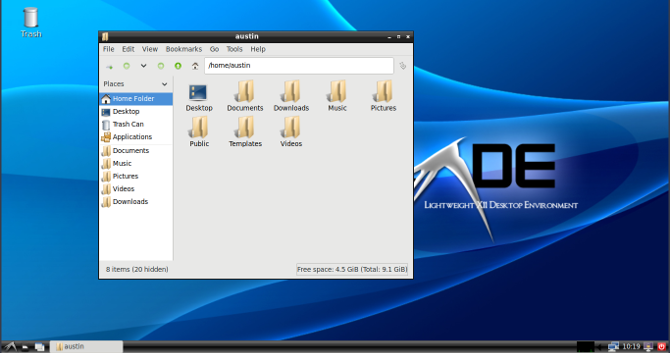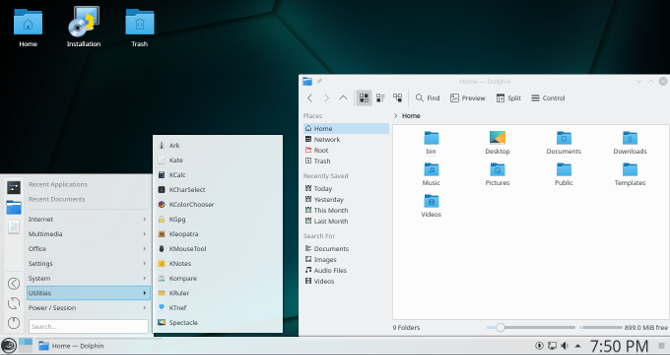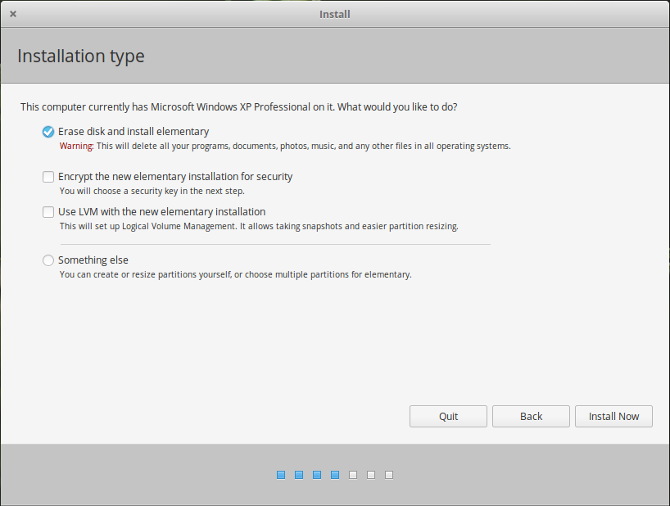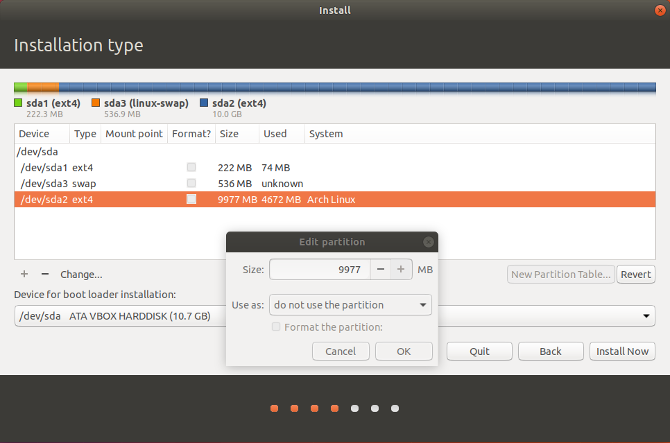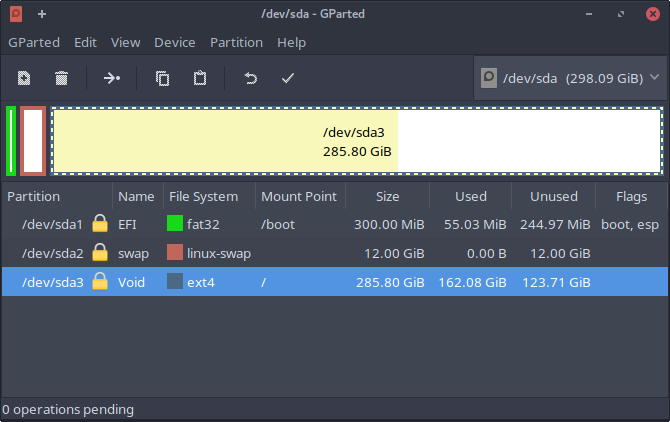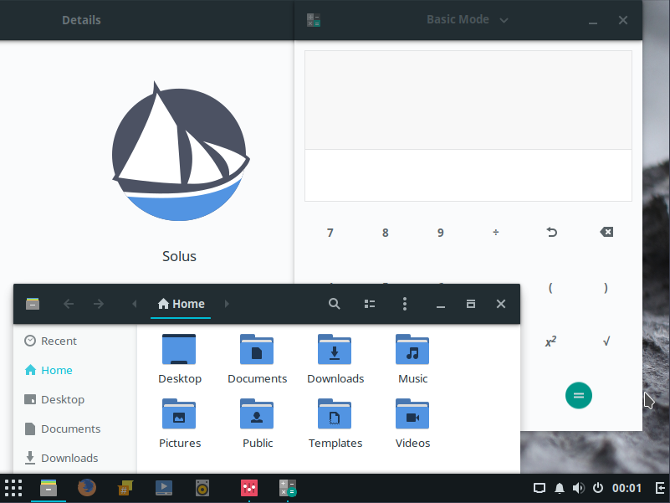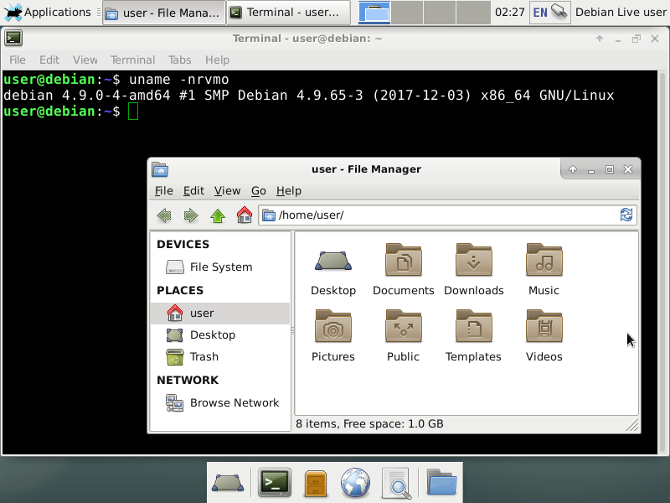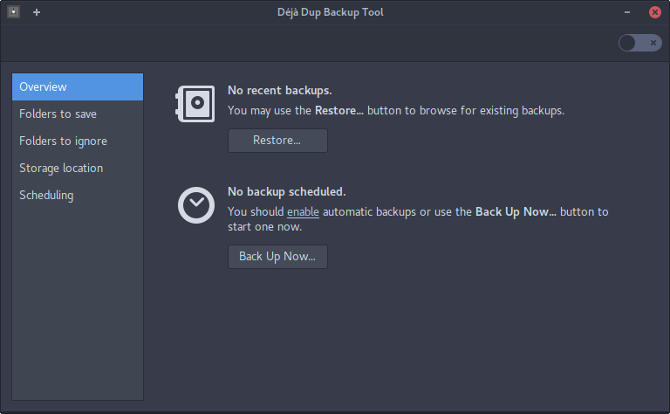If you've ever felt your current Linux operating system lacking in some ways, there are a number of things you can do to help fix this. It's easy to adjust your desktop's look and feel, for example, sometimes to amazing degrees. Switching regularly between different Linux operating systems (better known as distro hopping) is one potential solution, which carries a number of benefits.
What Is It?
Some people who use Linux enjoy moving between distributions, for varied, and personal reasons. Even though at their core, the base is the same, there's still a lot that can change between them. And distro hopping provides a way to see exactly how they're different. This comes with a number of potential benefits, which all come along with the process.
Pick Out a Package Manager
Many Linux operating systems come with tools which lets you easily install programs. In other words, package managers. These vary from system to system, with special quirks and syntax for each one. Distro hopping allows you to try many of them out, giving you a hands-on choice on which piece of software works best for you.
They all do the same thing: let you install and upgrade your software without hassle, or security risks. But the way they go about it can be wildly different. For example, many Linux operating systems come with a nice front-end to manage your packages with (rather than using the command line out of the box).
Linux being Linux, there's a lot of alternatives. The GNOME desktop for example, comes with a default app manager front-end called GNOME Software. While it's quite user friendly, it might not be to everybody's taste. Luckily, there are many others available. Manjaro, for example, comes with a choice between two front ends: Pamac and Octopi.
With all the different package managers (and their front ends) out there, you might find yourself wondering about the potential things you're missing. Distro hopping allows for an easy way to try them out.
Try Out Different Desktops
Desktop environments are a set of system programs which give you a base to manage your computer with. They usually come with things such as a file manager and a way to launch and organise apps.
Depending on your Linux operating system, your desktop experience can vary wildly from another person's. Switching between them gives you the opportunity to try these different experiences. There are a number of desktop environments out there, ranging from the full featured, to more minimal ones.
You might find the flexibility of KDE's Plasma desktop fits your needs better, then say, the extremely lightweight nature of LXDE. There are plenty of options out there, and one of them might fit you better than the others.
But even between operating systems that come with the same desktop there can be a lot of variation. After all, it's easy to style most desktop environments any way you like with the right steps. And Linux operating systems tend to provide their own distinctive design choices out of the box. For example, OpenSUSE is known for its excellent take on KDE's Plasma.
This has the added benefit of giving you ideas on how to customise desktops yourself. By looking at what different Linux operating systems have out of the box, you can get a feel of the kind of layout that works best for you. This can be useful if you're unfamiliar with how your desktop works, and don't know its full potential.
Learn About Partitioning
You might find yourself installing different Linux operating systems at the same time (also known as multi booting) as a way of trying them out. If you do so, you'll soon find yourself learning quite a bit about how to properly space out your hard drive, along with what's involved with booting Linux.
By default, most Linux installation discs wipe any previous data off them. They take it for granted that you'll use that one operating system alone. Slightly smarter ones can give you the option to dual boot automatically, but you can't rely on it everywhere.
As such, learning what partitions are needed for getting multiple Linux operating systems running can be quite useful. For example, if you're manually resizing one of your file systems to make room for another, you don't want to change anything important, such as the partition your bootloader is on.
Along with this, you might even get a chance to learn a bit about different types of file systems, and what they're used for. For example, you'll see FAT32 pop up a lot on computers using UEFI. This is the file format used for the boot partition. As the name suggests, it contains the files needed to get your system up and running.
Switching between Linux operating systems gives you the opportunity to learn from experience. You'll set things up far more often than other people, letting you know the ins and outs of the installation process.
Experiment With Rolling Release
Linux operating systems can be roughly divided in either fixed or rolling release (along with some other subtle nuances). This determines the way your operating system releases its packages: either in defined periods, or more regularly, usually as programs are released, after some testing. Rolling releases tend to provide more up to date software as it comes out, though that isn't always the case.
Distro hopping allows you to experiment with such operating systems. You might find such a release model appealing, along with the more up to date packages it provides. While some operating systems that follow such a release pattern have a reputation for being complex (such as Arch Linux), there are plenty of others which are designed with user friendliness in mind (such as Solus).
Alternatively, if you're already using a rolling release operating system, you might find something like Debian more to your taste. While its programs might not always be up to date, it's known for its very high level of stability. You might enjoy this sort of model if you've had some troubles in the past with rolling releases.
Switching between Linux operating systems lets you experience a number of different things. Some of those changes involve not only the software you use, but the way you get them. And depending on your computer usage, you might prefer any one of them.
Make Backups a Habit
Without proper backups, distro hopping can be a little hard to get used to. It means transferring all your important data from one place to another. Unless you're installing multiple operating systems at once (which can still have risks), you'll want to set up a backup system in advance. This helps make distro hopping seamless, along with other benefits.
By having a backup system in place, you can switch between different Linux operating systems with very little fuss. For example, you could not only bring along your documents and videos, but your configuration files as well. Along with this, some programs like your web browser give you the option to sync your settings online. Switching Linux operating systems becomes a matter of copying over your data, and reinstalling programs.
Along with this, you set up a very good computer habit for life. Configuring backups might be a bit of a chore at first, but it can be very helpful. If your computer breaks down, you won't have lost all your files. There are also plenty of tools to help you out, if you find it hard to get started with backups.
Why Just Stick to What You Know?
Even if you're satisfied with your current Linux operating system, there are still plenty of reasons to scout around. You can pick up multiple things along the way, helping you use Linux in any shape or form. Plus, trying different things out is always quite fun.
Why would (or why wouldn't) you switch operating systems?


